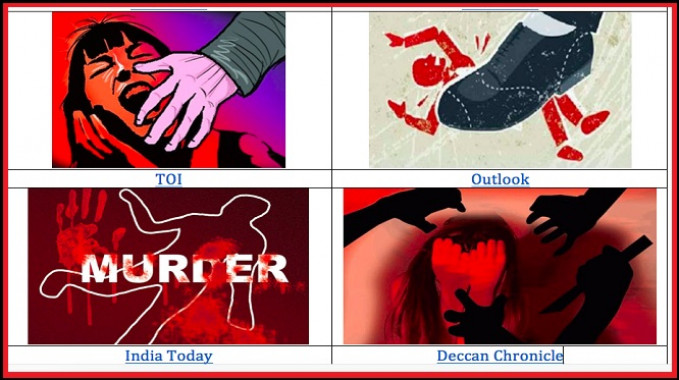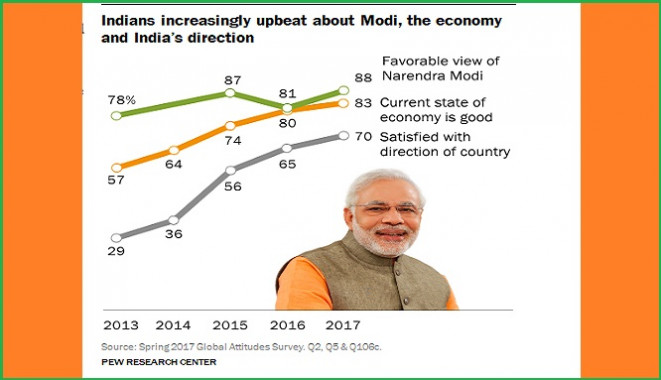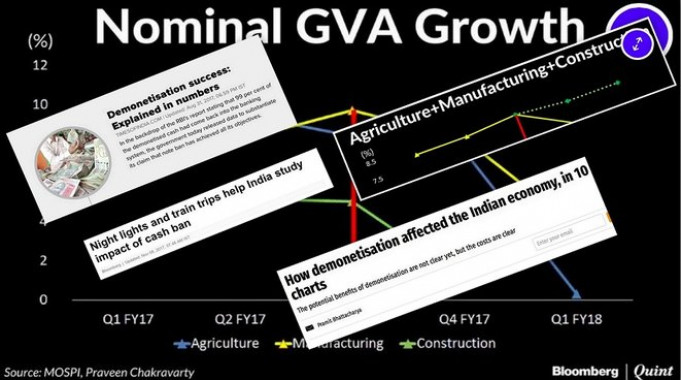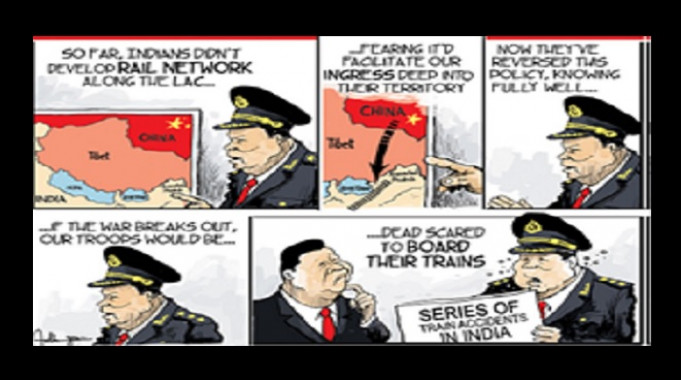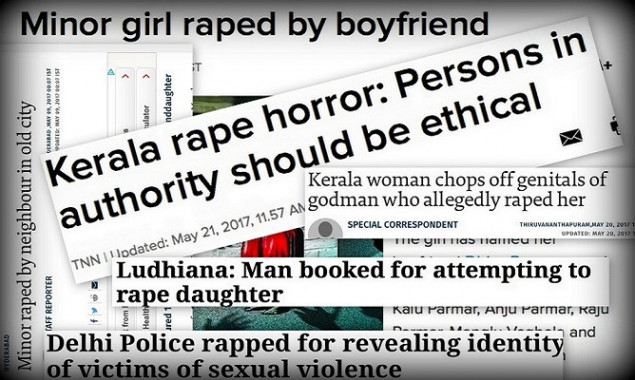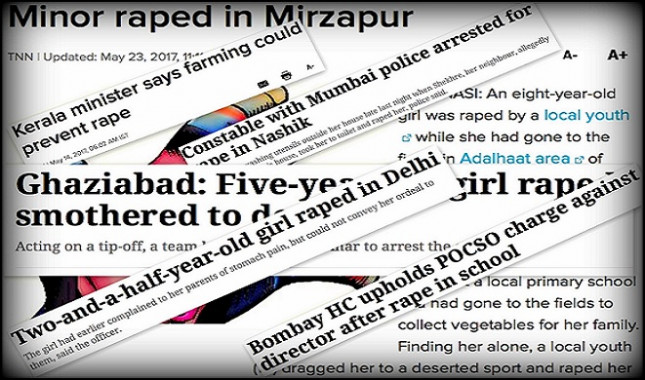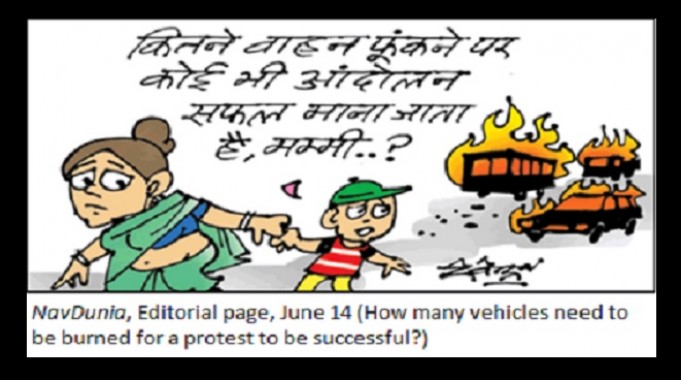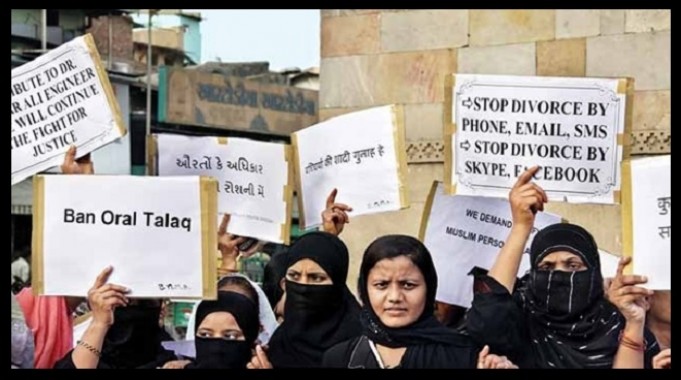BY VIKAS KUMAR|
IN MEDIA MONITORING
|06/12/2017
As statistics grow more important in public debates, here is an analysis of how the media covered – or muddled - the latest crime figures
BY VIKAS KUMAR|
IN MEDIA MONITORING
|19/11/2017
Holes, slanted and selective fact-picking, and weak analysis contributed to projecting an overly positive image for the PM and BJP
BY VIKAS KUMAR|
IN MEDIA MONITORING
|12/11/2017
Two aspects of partisan commentary stood out: adjectives coupled with decontextualised statistics create an illusion of success, and favourable “facts” are mentioned in numbers, whereas inconvenient ones are stated in words.
BY ANKITA PANDEY|
IN MEDIA MONITORING
|03/09/2017
Indian cartoons poked as much fun at us as at China and questioned our foreign policy. But China’s cartoons were consistently sneering of India and loyal to the state
BY PRACHI BHAGWAT|
IN MEDIA MONITORING
|06/08/2017
Part II--By giving rape routine treatment, newspapers hinder a wider debate on prevention and hold back on the understanding of how popular culture and power structures contribute.
BY PRACHI BHAGWAT|
IN MEDIA MONITORING
|06/08/2017
A two-part study looks at the narrow conceptual framework newspapers use to deal with rape. It’s all specific details of the crime rather than the underlying structural causes,
BY ANKITA PANDEY|
IN MEDIA MONITORING
|28/06/2017
A farmers’ agitation that turned violent resulting in six deaths in Mandsaur, MP, prompted a detailed analysis in both the Nai Dunia and the Indian Express
BY VIKAS KUMAR|
IN MEDIA MONITORING
|14/06/2017
Covering Nagaland’s anti-women’s reservation agitation - Part II. Local coverage lacked in investigation and ground interviews.
BY VIKAS KUMAR|
IN MEDIA MONITORING
|14/06/2017
How the “national” media covered it. Both Hindu and ToI chose to give more space to violence, disruption, and political intrigue in their limited coverage.
BY ANKITA PANDEY|
IN MEDIA MONITORING
|10/06/2017
Coverage of the issue in two publications which focus on Indian Muslims suffered from omissions and contradictions.
Subscribe To The Newsletter


